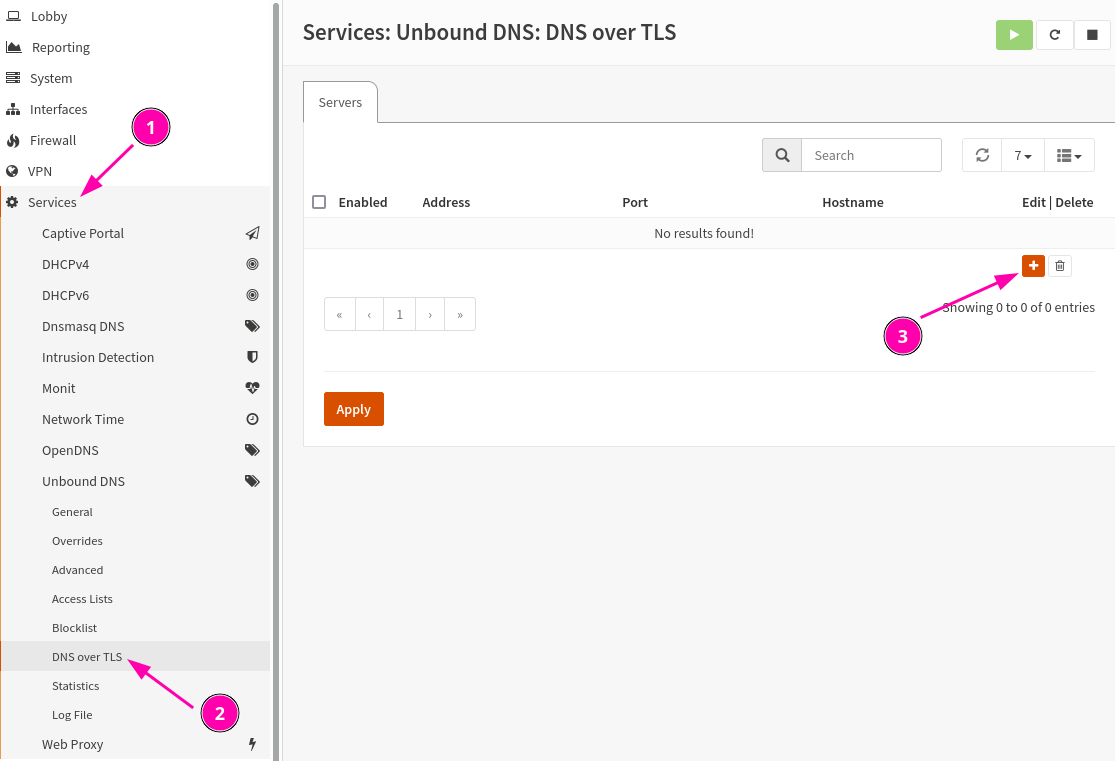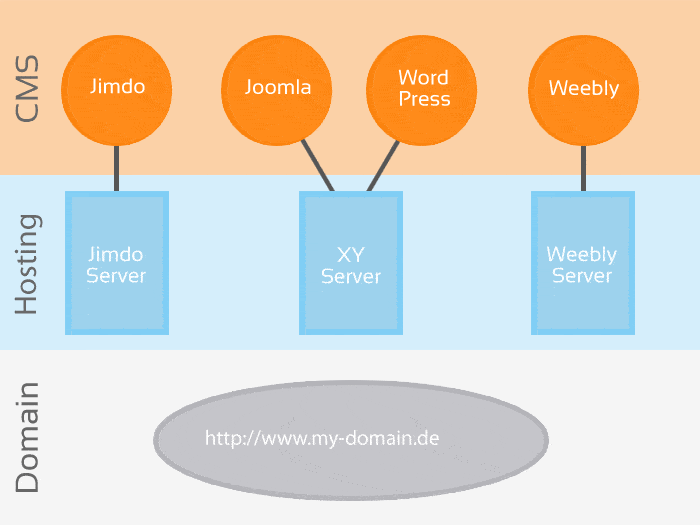
Two things are different: a domain name and a package hosting. A domain name is your website's name, and hosting is your web server where you keep your files. Both services can be combined to make your website available to everyone. You must have an address for customers to visit your physical store. You will also need a physical location such as a separate building or strip-mall.
Domain names are easier for people to remember
The first advantage of domain names is that they are easier to remember. A domain name is just as easy to remember as your phone number. In contrast, an IP address can be difficult to remember. It is much easier to enter a domain name than to remember an IP address. A good rule of thumb is to use between two and three words for your domain name. Avoid using obscure terms.
Make sure you choose a domain name that is easier to remember when building a website. Domain names are easier to remember, shorter and more memorable. They are also more easy to remember than IP addresses for web hosting. A visitor can type in a domain name to send a request for the Domain Name System (DNS) cluster of servers. They will receive the IP address for the website's hosting server in response.

They allow you to get to a website's location in a much simpler manner
A domain name refers to the IP address of the website. This connects computers and a web server. A domain name is easier than an IP address. Your browser will still need the exact location to locate a website.
When you enter domains, an IP address request is sent to the authoritative servers. This process can take a few milliseconds. A domain's length is often shorter than it should be. This makes it easier for users to remember, type, and also supports a positive user-experience. A domain that is too long may scare away potential visitors, especially with the increase in mobile devices.
They save a website’s files to a web server
Web hosting allows you to store your website's files on a computer, called a web host. These servers can be accessed 24/7 and have all the software and hardware needed. These servers are maintained by web hosts who are responsible for their security. Web hosts are responsible for making sure that their servers have the most current software. The web server stores the website files and allows users to access them from their web browser.
A web server is a powerful computer that stores a website's files. When a visitor visits a website, the server replies by sending the requested page and the associated files back to the browser. A web server is the core component of a website. However, it can have many uses. You can use a web server to host many domain names and point them to the same server.

They work together
When you start an online business, it's important to understand how domains and web hosting work together. Domains are the name of the website. Hosting is where files and data are stored. While domains can be more expensive than hosting, they are not necessarily more important or better.
The domain is the "home" address of your website, allowing visitors to find it easily. It could be a brand or a combination number and letters. The domain is often separated by the hosting via a dot. This is what is called a top level domain.
FAQ
What is a static website?
A static site is one that stores all content on a server. Visitors can access the website via web browsers.
The term "static" refers to the fact that there are no dynamic features such as changing images, video, animation, etc.
This type of site was originally developed for use in corporate intranets but has since been adopted by individuals and small businesses who want simple websites without the complexity of custom programming.
Because they are easier to maintain, static sites have been growing in popularity. They are simpler to update and maintain than fully-featured websites that have many components (like blogs).
They also load quicker than their dynamic counterparts. They are ideal for mobile users and those with slow Internet connections.
Also, static websites are more secure that dynamic counterparts. You can't hack into a static site. Hackers have only access to data stored in a database.
There are two main methods to create static websites:
-
Using a Content Management System (CMS)
-
Static HTML Website Creation
The best one for you will depend on your specific needs. If you're new to creating websites, I recommend using a CMS.
Why? Because you have complete control over your website. You don't need to hire someone else to help you set it up. You just need to upload files to your web server.
You can still learn how to code and create a static website. You will need to spend some time learning to program.
What should I include in my Portfolio?
Your portfolio should consist of all these things:
-
You can also see examples of your previous work.
-
Links to your website (if applicable).
-
Link to your blog.
-
Links to social media profiles
-
These links will take you to the online portfolios of designers.
-
Any awards that you have received.
-
References.
-
You can also send us samples of your work.
-
Links showing how you communicate with clients.
-
You are willing to learn new technologies.
-
Here are some links to show you are flexible.
-
Links showing your personality.
-
Videos showing your skills.
How Much Does it Cost to Create an Ecommerce Website?
This depends on your platform and whether you hire a freelancer or go through a service provider. The average eCommerce site starts at $1,000.
However, once you decide on a platform, you can expect to pay anywhere between $500 and $10,000.
Templates are usually not more expensive than $5,000, unless you have a specific purpose. This includes any customization you need to make to fit your brand.
How do I choose a Domain Name?
It is important to pick a quality domain name. Without a great domain name, people will not know where to find you when they search for your product.
Domain names should be simple, short, easy-to-remember, relevant to your brand and unique. You want it to be something people will type into their browser.
Here are some ways to choose a domain name.
* Use keywords that are related to your niche.
* Avoid hyphens (-), numbers, and symbols.
* Don't use.net or.org domains.
* Avoid using words that are already taken.
* Avoid generic terms, such as "domain" or web site.
* Make sure it is available.
WordPress: Is it a CMS or not?
The answer is yes. It's a Content Management System (CMS). A CMS allows you to manage your website content from within a web browser instead of using an application such as Dreamweaver or Frontpage.
WordPress is absolutely free! Hosting is included in the price, but you don't need to pay anything else.
WordPress was originally designed to be a blogging platform. However, WordPress now offers many options including eCommerce sites and forums, membership websites, portfolios and portfolios.
WordPress is simple and easy to install. Download the file from their website, and then upload it to your server. After that, you can simply access your domain name with your web browser.
After installing WordPress, it's necessary to register for a username. Once you've logged in, you'll see a dashboard where you can access all of your settings.
Here you can add pages and posts, images, menus, widgets and plugins. This step may be skipped if you feel confident editing and creating content.
You can, however, hire a professional Web designer to handle the whole thing if your preference is to work with another person.
Statistics
- When choosing your website color scheme, a general rule is to limit yourself to three shades: one primary color (60% of the mix), one secondary color (30%), and one accent color (10%). (wix.com)
- Did you know videos can boost organic search traffic to your website by 157%? (wix.com)
- At this point, it's important to note that just because a web trend is current, it doesn't mean it's necessarily right for you.48% of people cite design as the most important factor of a website, (websitebuilderexpert.com)
- It enables you to sell your music directly on your website and keep 100% of the profits. (wix.com)
- The average website user will read about 20% of the text on any given page, so it's crucial to entice them with an appropriate vibe. (websitebuilderexpert.com)
External Links
How To
What is website hosting?
Website hosting describes where visitors go when they visit a site. There are two types of website hosting:
-
Shared hosting - This is the cheapest option. Your website files reside on a server controlled by someone else. Customers visit your website and send their requests over the Internet to this server. The request is then handed to the owner of that server.
-
Dedicated hosting is the most expensive option. Your website will reside on a single server. There are no other websites sharing space on the server. Your traffic remains private.
Because shared hosting is more affordable than dedicated hosting, most businesses opt for it. With shared hosting, the company that owns the server provides the resources needed to run your website.
Both options have their pros and cons. Here are some key differences between them.
The pros of shared hosting:
-
Lower Cost
-
Simple to Setup
-
Frequent Updates
-
It can be found at many web hosting providers
Hosting shared can be as low as $10 per month. But keep in mind that this price usually includes bandwidth. Bandwidth is the data transfer speed that you have over the Internet. You may have to pay extra for large amounts of data, even if your blog only contains photos.
Once you start, you'll quickly realize why you were paying so much for your previous host. The majority of shared hosts offer limited customer support. You'll be on your way after they walk you through setting it up.
It is important to find a provider that provides 24-hour support. They will help you deal with any issues that arise while your sleeping.
Cons of dedicated hosting
-
More Expensive
-
Less common
-
Requires special skills
With dedicated hosting, everything you need for your website is at your fingertips. You won't have to worry about whether you're using enough bandwidth or whether you've got enough RAM (random access memory).
This means that you'll spend a bit more upfront. Once you get started with your online business, you will find that you don't require much technical support. You'll become an expert at managing your servers.
So Which Is Better For My Business?
This depends on the kind of website that you want. If you only want to sell products, then shared hosting might be the best choice. It's easy to set up and maintain. Because you share a server, you will most likely receive frequent updates.
If you are looking to create a community around your brand, dedicated hosting is the best option. Instead of worrying about your traffic, you can build your brand while still being able to concentrate on your business.
If you're looking for a web host that offers both options, we recommend Bluehost.com. Bluehost.com offers unlimited monthly data transfers, 24/7 customer support, domain registrations free of charge, and a 30-day guarantee for your money back.